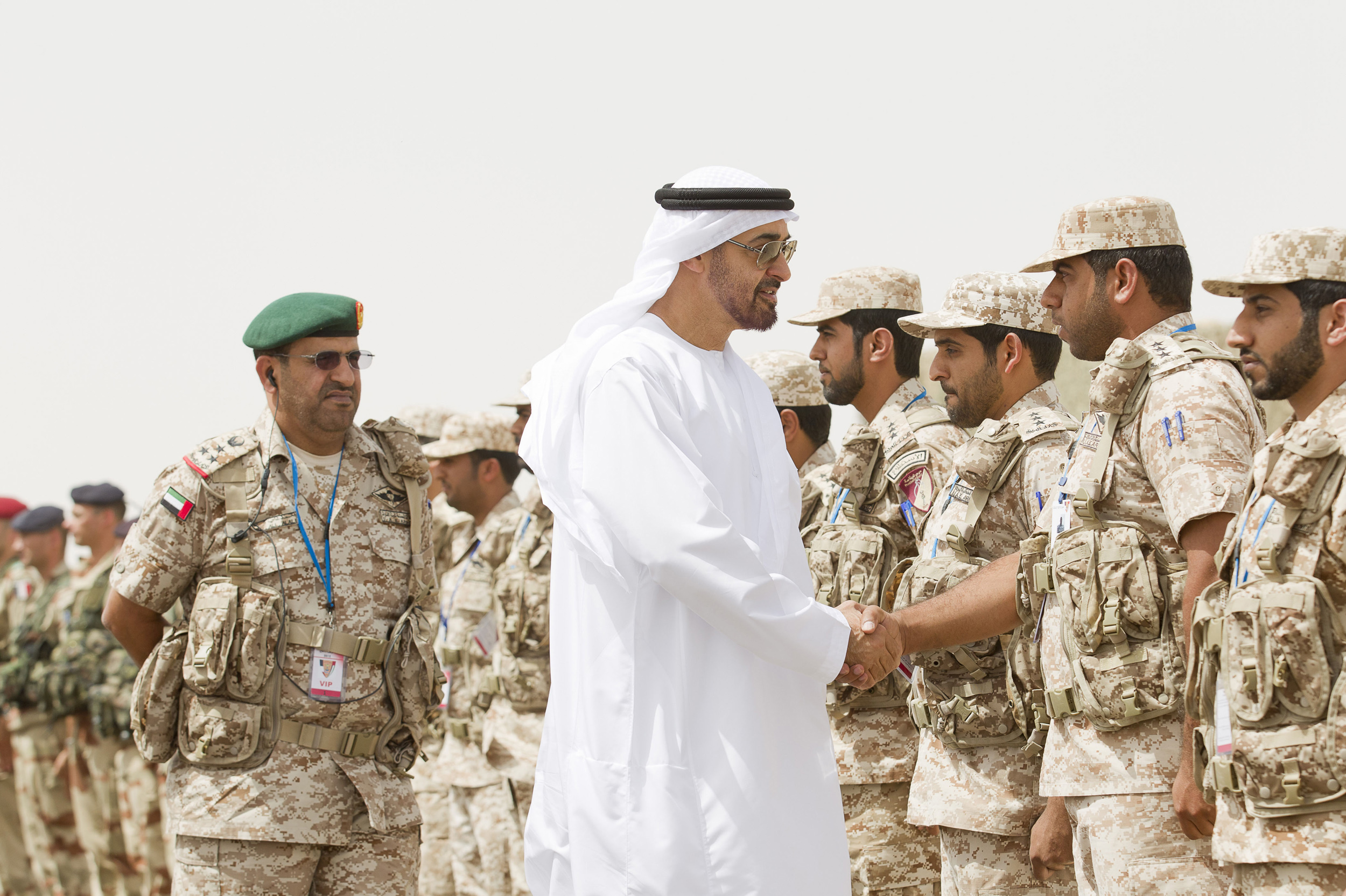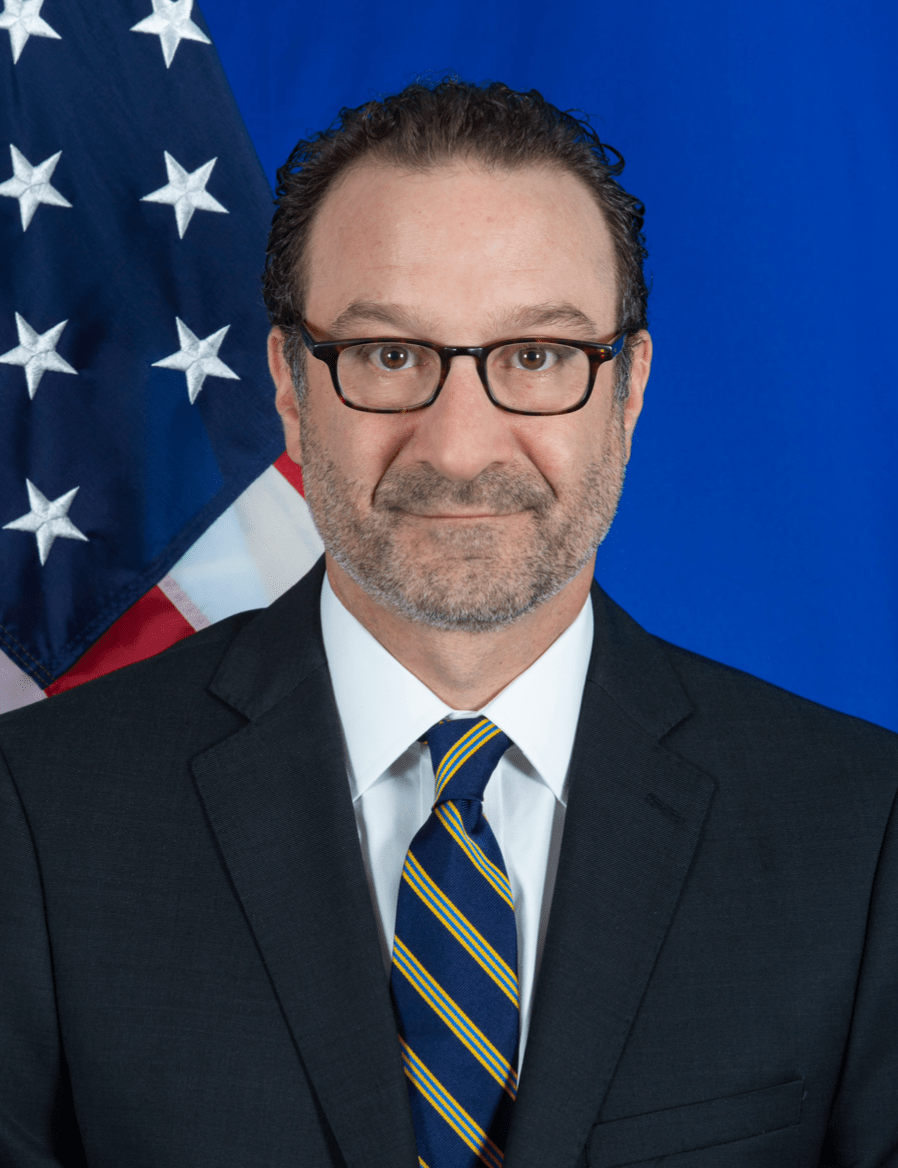United Arab Emirates
Aug 24, 2020
After the UAE, Who Will and Won’t Be Next to Normalize With Israel?
A number of countries are expected to follow suit, each for its own distinct reasons.
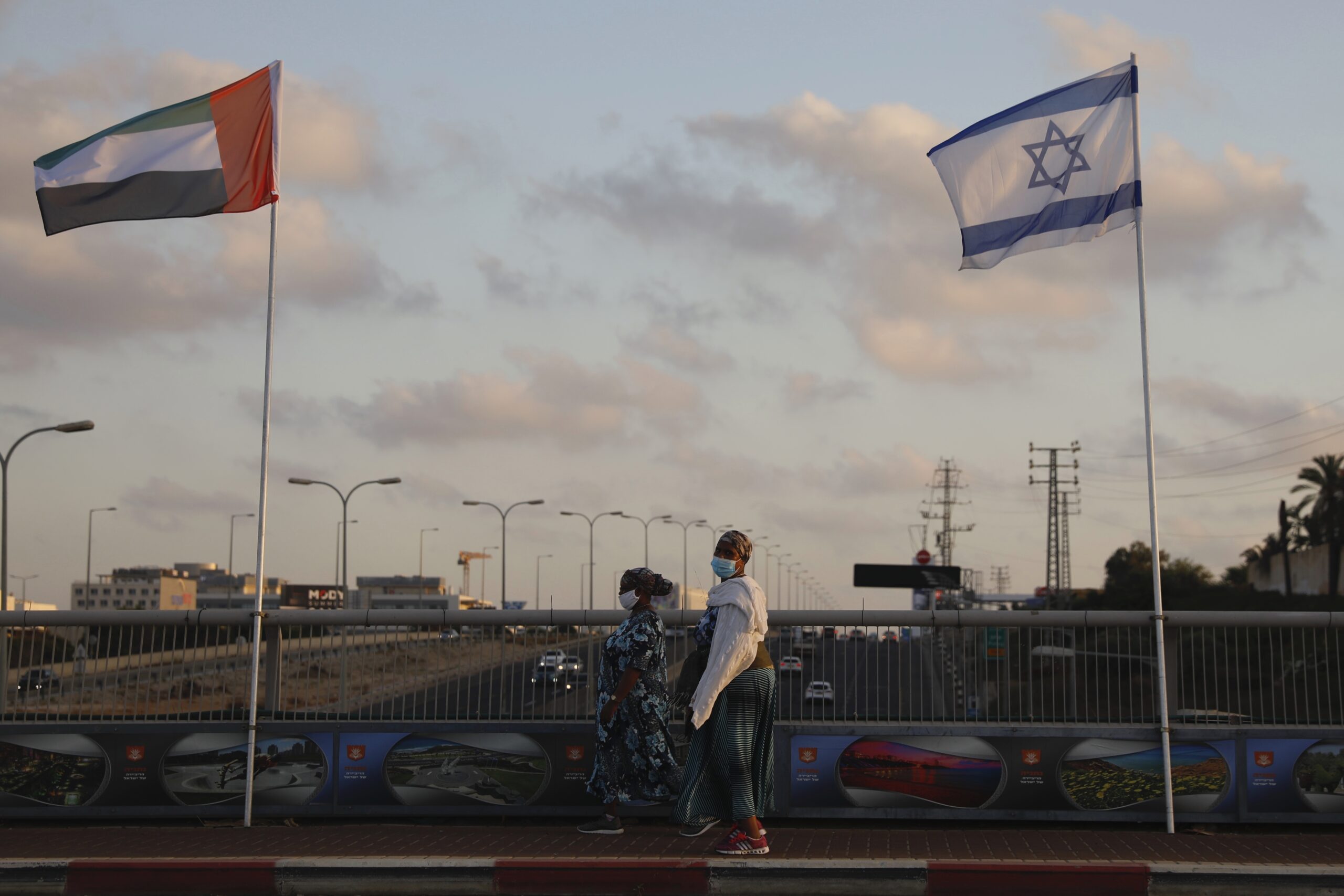
Aug 19, 2020
As UAE Nuclear Power Plant Comes On Line, Attention Turns to Saudi Plans
The Gulf appears to be approaching a new, uncertain era: a scramble for sources of uranium, possibly followed by the acquisition of dual-use technologies, enrichment, and a capacity for breakout.
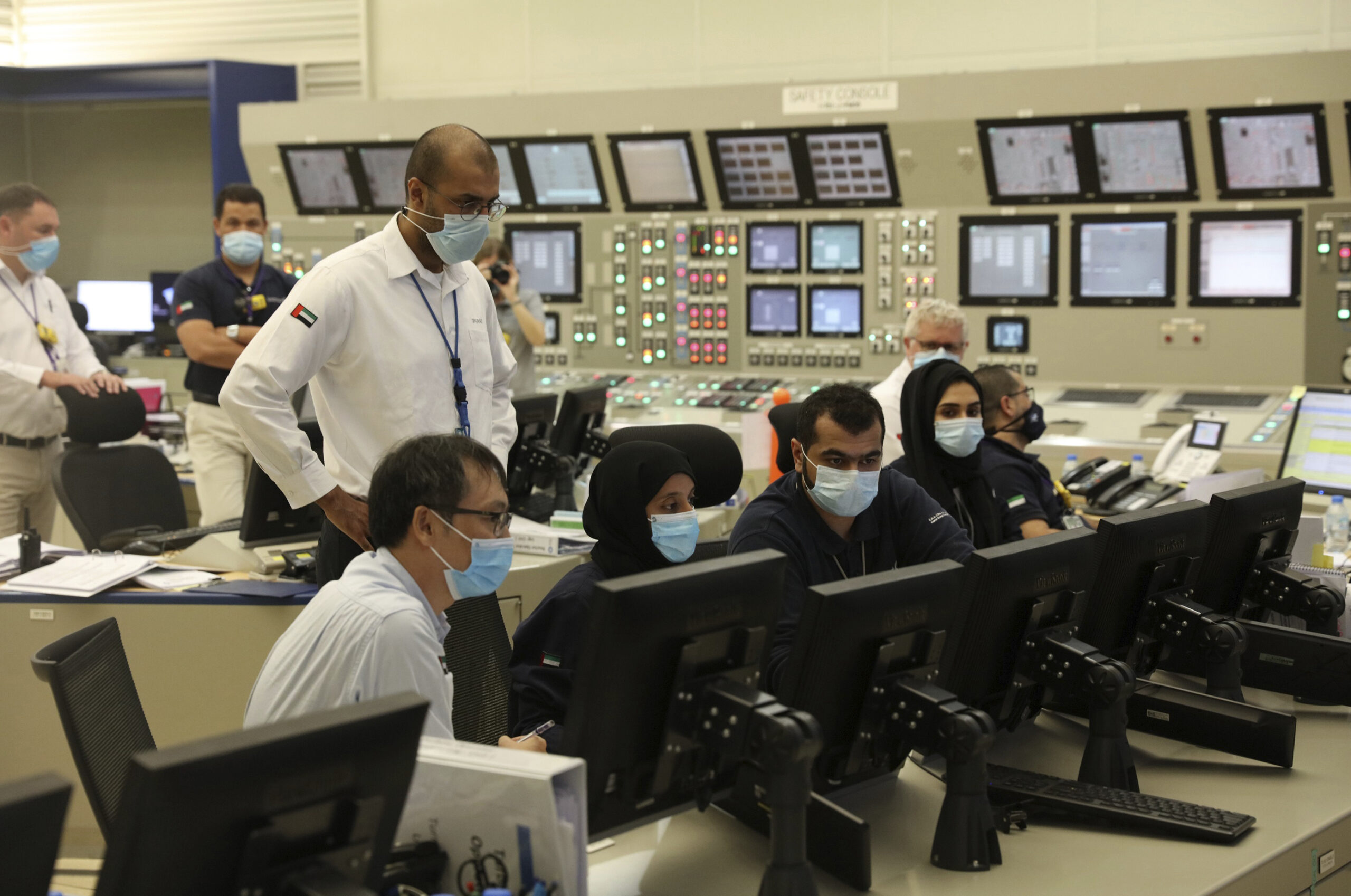
Aug 19, 2020
Is This Time Different? The Gulf’s Early Economic Policy Response to the Crises of 2020
As Gulf Arab policymakers continue to confront an ambiguous future, they will rely heavily on familiar economic policy measures and avoid straying from the status quo as long as possible.
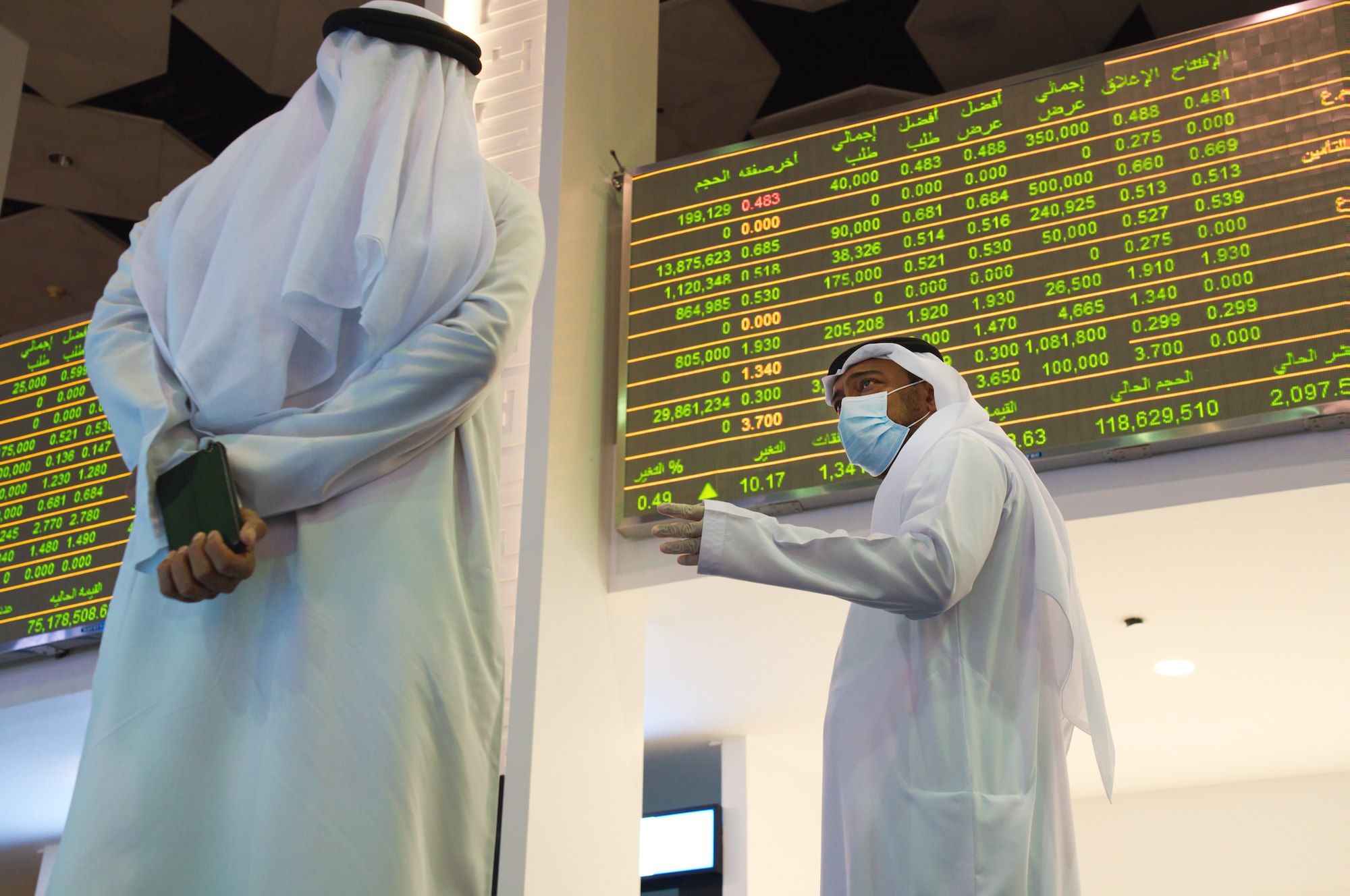
Aug 17, 2020
The Boutiqaat Saga: Balancing Innovation and Corporate Governance
Implementing stronger corporate governance frameworks that apply to regional startups is a good starting point to increase investor confidence in a challenging economic climate.
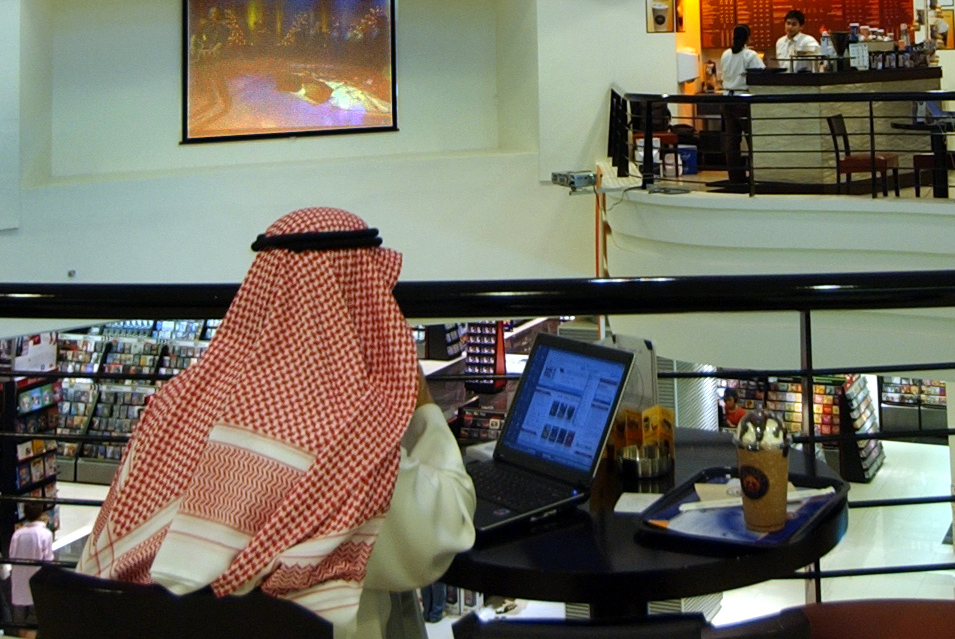
Aug 17, 2020
Iran Reacts Angrily to the UAE-Israel Landmark Agreement
The Islamic Republic has yet to realize taking such a posture toward its Arab neighbors further encourages them to align with Iran’s adversaries.
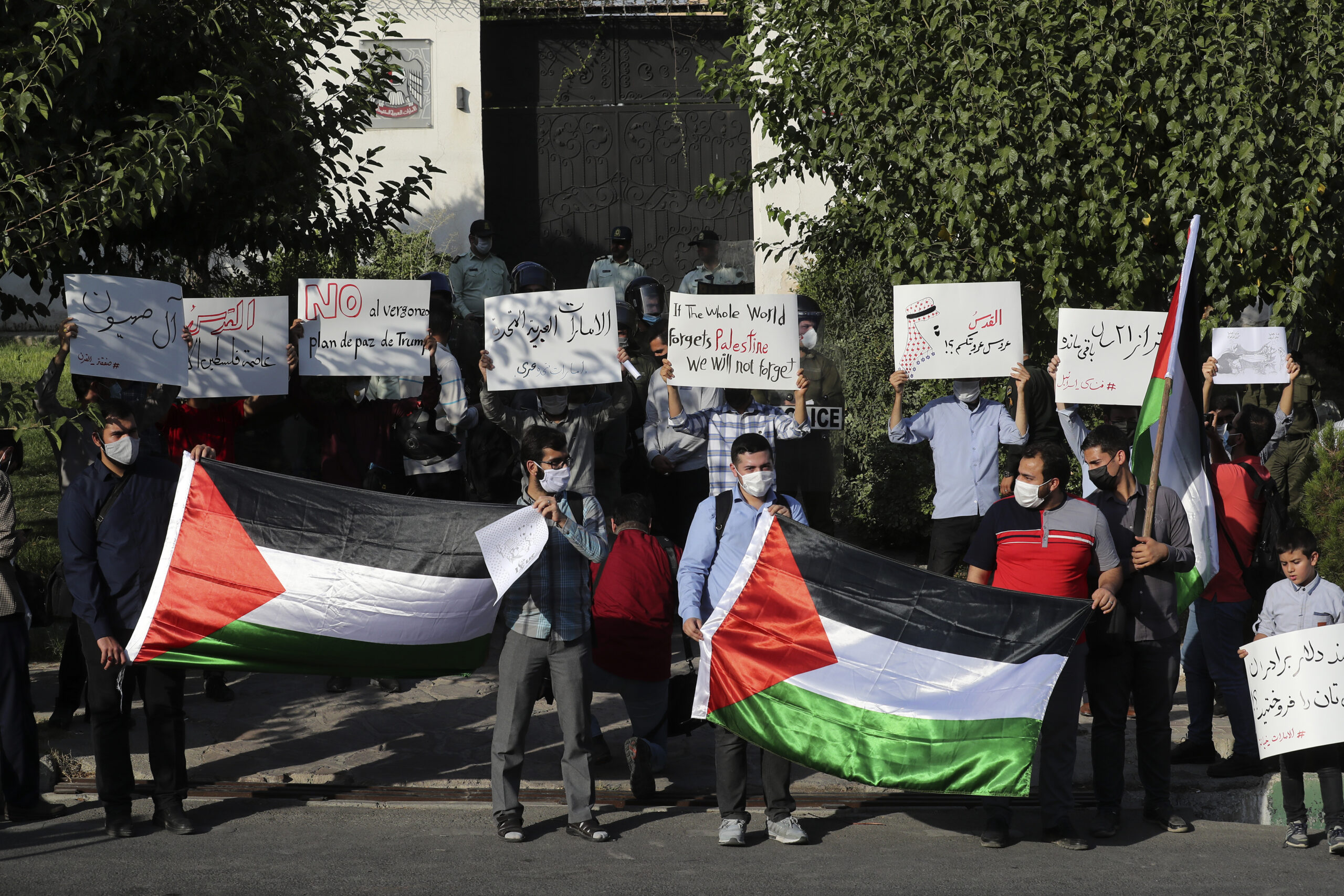
Aug 14, 2020
What Motivated the U.S.-Brokered UAE-Israel Agreement?
Palestinians are fuming, but the United States, the United Arab Emirates, and Israel all see clear benefits in the normalization of relations between a key Arab state and Israel.
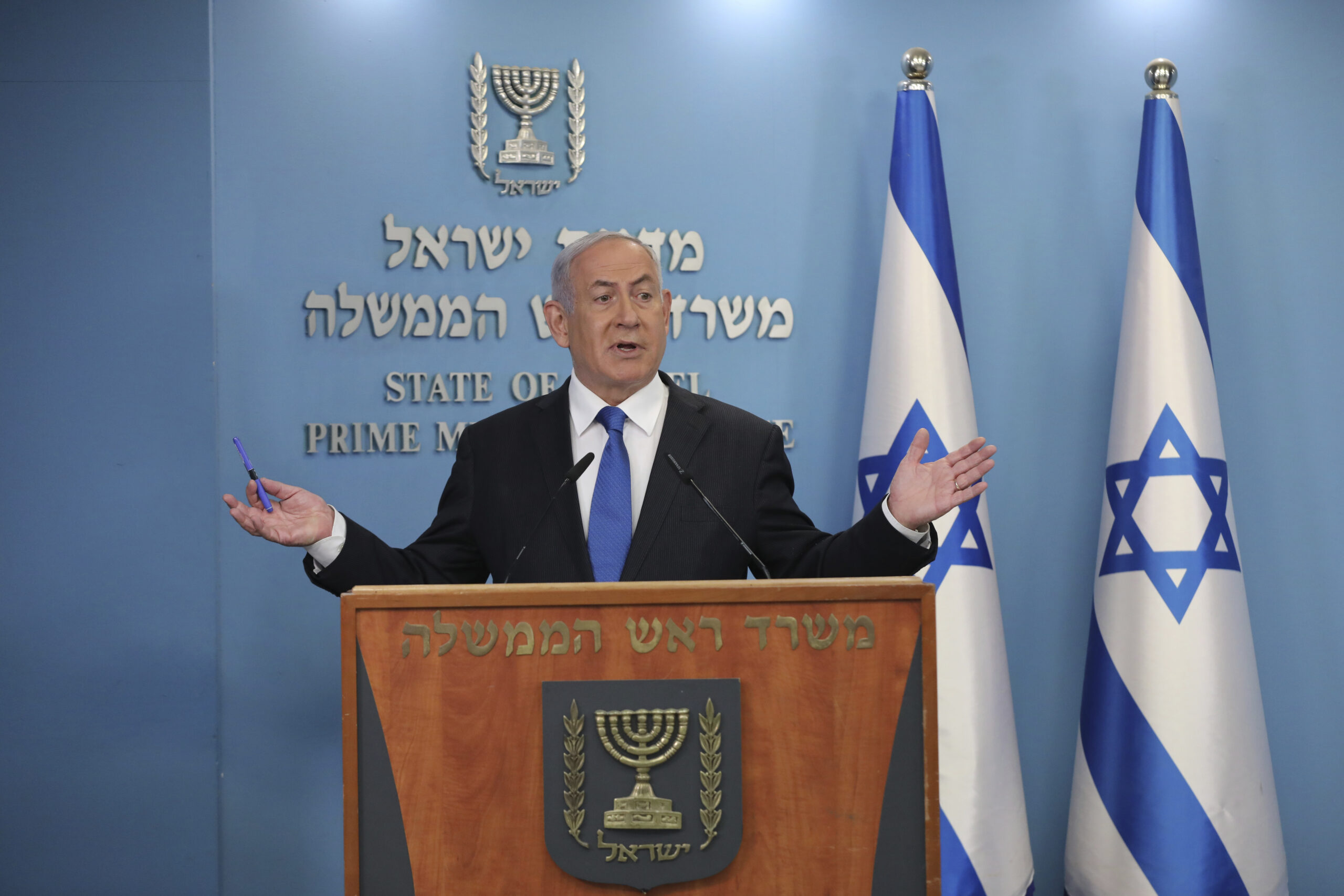
Aug 14, 2020
Roundtable With David Schenker, Assistant Secretary for Near Eastern Affairs, U.S. Department of State
Schenker provided his perspective on the announcement of the groundbreaking Israel-UAE agreement to normalize relations, a deal brokered by the United States.
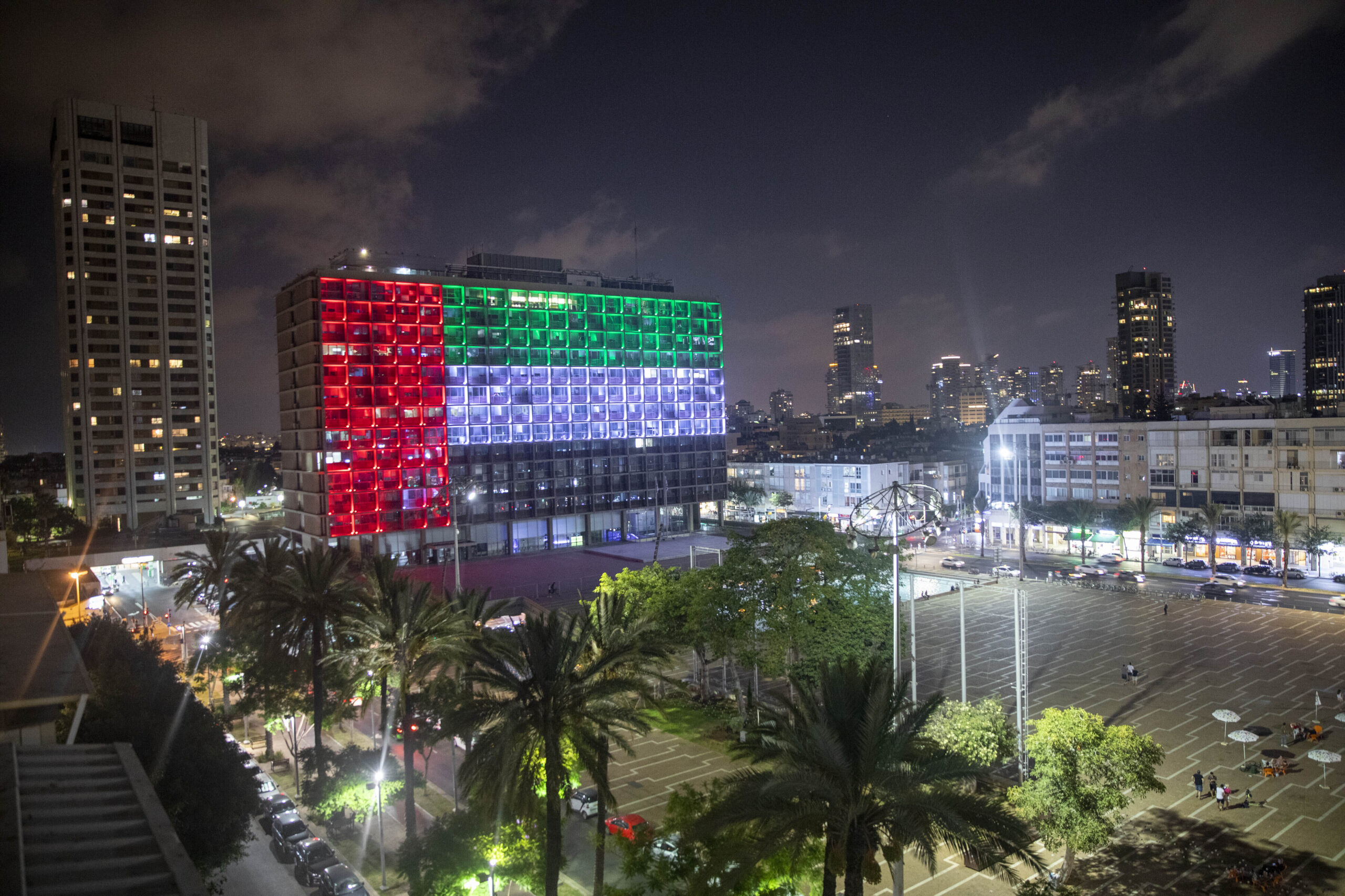
Jul 7, 2020
UAE Security Apparatus Central to Its Pandemic Response
The UAE’s growing military engagement has contributed to the steady rise of the armed forces as the centerpiece of a power and influence strategy carved out by the UAE’s de facto leader, Mohammed bin Zayed.
